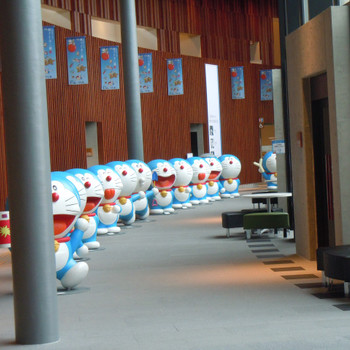How does militarism triggered ww1?
1 Answer
There was an extensive enlargement of Armies and expectation of a war or threat of war in Europe to resolve the issues of the various competing European Power Blocs.
Explanation:
Over the previous 50 years (before 1914) Armies had gotten larger to the point that they had enough men and firepower to defend hundreds of miles of borders continuously rather than the need to concentrate for battle.
The creation of these armies involved training young men and then putting them into civilian life as reservists. In Germany and other countries this happen at a district level. Most men would have their friends and neighbours as part of the same unit. A lot of Military training is about remapping the personalities of young men into soldiers. As each generation went through training there would be a common experience between men.
Members of the royal family would be expected to nominally command parts of the Army. Annual military exercises would take place. Military life and philosophy would go through the whole society.
The large armies cost a lot of money. Although the reserve system helped with costs it was still very expensive. The government would have to tax to raise money.
The governments in Europe spent many years threatening each other with war to gain diplomatic advantage. The countries dealt with the probability that they would go to war. The countries of Europe were engaged in an extensive arms race.
Germany's plan to mobilize its army involved a very precisely timed schedule. Mobilization wasn't quite war so countries mobilized to prepare for war. Germany's army's mobilization put units over the border making war inevitable.
When war came everyone marched of with cheers and optimism for a quick resolution.

